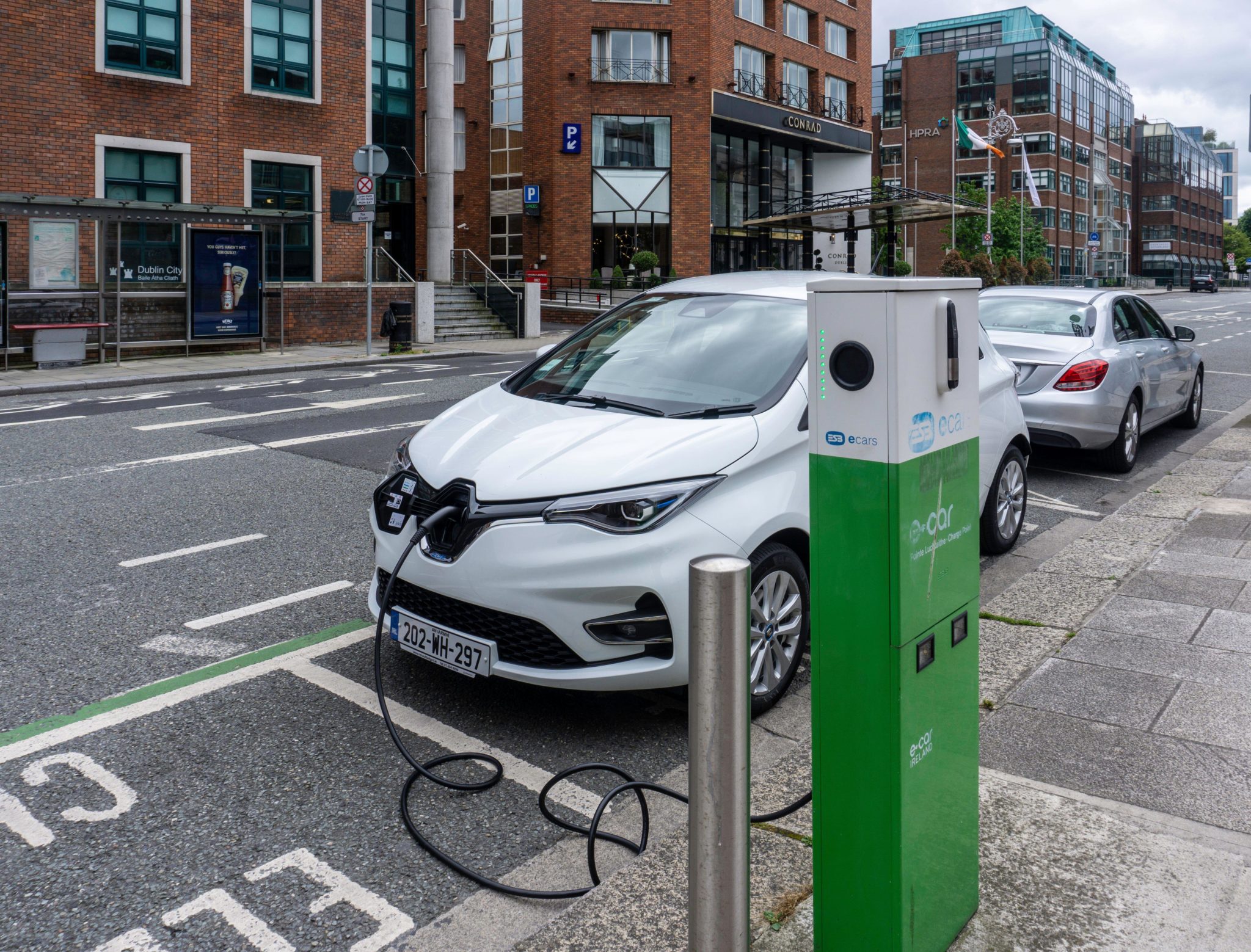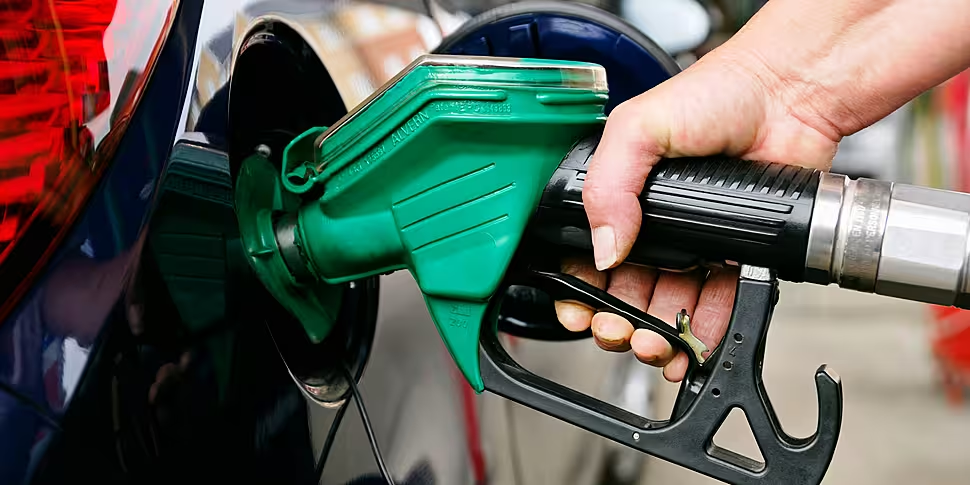New petrol and diesel cars could end up “de facto” being banned in Ireland from 2030.
Last year, the EU agreed all new cars and vans sold in the bloc had to be electric from the year 2035.
It will still be possible to sell second hand cars with combustible engines after that date but the aim of the policy is to make the transport sector carbon neutral by 2050.
A British ban on the sale of new petrol and diesel cars is due to come into force five years early and Sunday Independent motoring correspondent Geraldine Herbert said this would likely affect the Irish market too.
“That could have a huge impact on our supply of right hand drive cars,” she told The Pat Kenny Show.
“It could actually mean a de facto ban for us five years before the rest of Europe.”
 An electric car charging at a charging station in Dublin. Image: noel bennett / Alamy Stock Photo
An electric car charging at a charging station in Dublin. Image: noel bennett / Alamy Stock PhotoIreland, Cyprus and Malta are the only right-hand drive countries left in the European Union and have a small market compared to left-hand drive member states.
If British customers are no longer allowed to buy combustible engines, Ms Herbert predicted many car manufacturers would simply consider them no longer worth producing.
“We’re literally at the bottom end of the market when it comes to supplying cars because we’re right hand drive,” she said.
“Geographically, we’re an island, so they have to ship them to us.
“We’ve a tiny, tiny market in comparison to the rest of Europe - we also don’t sell an awful lot of new cars.
“So, we literally wait for everything more than anybody else.”
Under this year’s Climate Action Plan, the Government is aiming for 30% of private cars on Irish roads to be electric by the year 2030.
In the first five months of 2023, 18% of all new cars registered in Ireland were electric - compared to 13% in the same period last year.
Main image: A woman filling a car with unleaded petrol.









